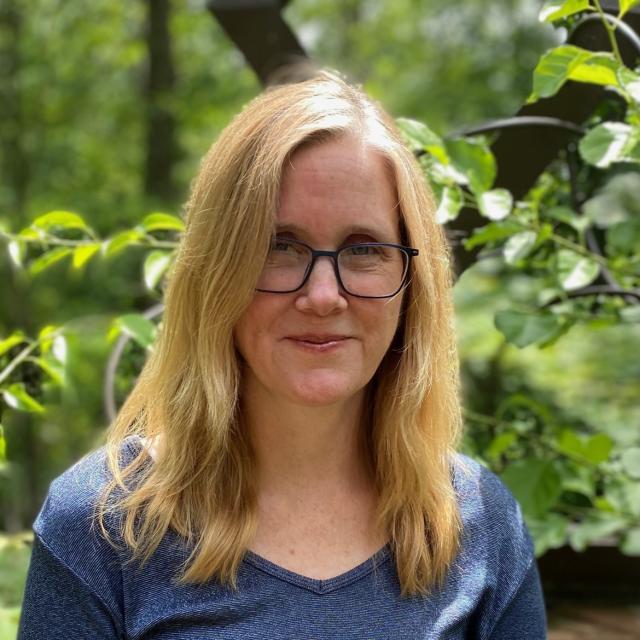Jennifer Hill, New York University
Deep down, everyone wants to be causal
Date & Time: Tuesday, July 20 at 9:00am EST
Most researchers in the social, behavioral, and health sciences are taught to be extremely cautious in making causal claims. However, causal inference is a necessary goal in research for addressing many of the most pressing questions around policy and practice. In the past decade, causal methodologists have increasingly been using and touting the benefits of more complicated machine learning algorithms to estimate causal effects. These methods can take some of the guesswork out of analyses, decrease the opportunity for “p-hacking,” and may be better suited for more fine-tuned tasks such as identifying varying treatment effects and generalizing results from one population to another. However, should these more advanced methods change our fundamental views about how difficult it is to infer causality? In this talk I will discuss some potential advantages and disadvantages of using machine learning for causal inference and emphasize ways that we can all be more transparent in our inferences and honest about their limitations.
About the Speaker
Jennifer Hill develops and evaluates methods to help answer the types of causal questions that are vital to policy research and scientific development. In particular she focuses on situations in which it is difficult or impossible to perform traditional randomized experiments, or when even seemingly pristine study designs are complicated by missing data or hierarchically structured data. Most recently Hill has been pursuing two intersecting strands of research. The first focuses on Bayesian nonparametric methods that allow for flexible estimation of causal models and are less time-consuming and more precise than competing methods (e.g. propensity score approaches). The second line of work pursues strategies for exploring the impact of violations of typical causal inference assumptions such as ignorability (all confounders measured) and common support (overlap). Hill has published in a variety of leading journals including Journal of the American Statistical Association, Statistical Science, American Political Science Review, American Journal of Public Health, and Developmental Psychology. Hill earned her PhD in Statistics at Harvard University in 2000 and completed a post-doctoral fellowship in Child and Family Policy at Columbia University’s School of Social Work in 2002.
Hill is also the Director of the Center for Practice and Research at the Intersection of Information, Society, and Methodology (PRIISM) and Co-Director of and the Master’s of Science Program in Applied Statistics for Social Science Research (A3SR).


